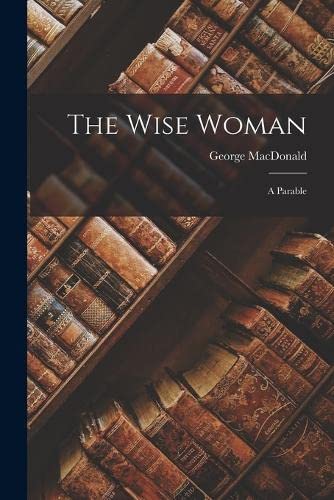What do you think?
Rate this book


232 pages, Paperback
First published January 1, 1875
"Whether it is a good thing or a bad thing not to be afraid depends on what the fearlessness is founded upon. Some know no fear because they have no knowledge of danger; there is nothing fine in that. Some are too stupid to be afraid; there is nothing fine in that. Some who are not easily frightened would yet turn their backs and run the moment they were frightened; such never had more courage than fear. eBut the person who will do his or her work in spite of his or her fear is a person of true courage."
"Nobody can be a princess, do not imagine you have yet been anything more than a mock one - until she is a princess over herself, that is, until, when she finds herself unwilling to do the thing that is right, she makes herself do it. So long as any mood she is in makes her do the thing she will be sorry for when the mood is over, she is a slave and not a princess."